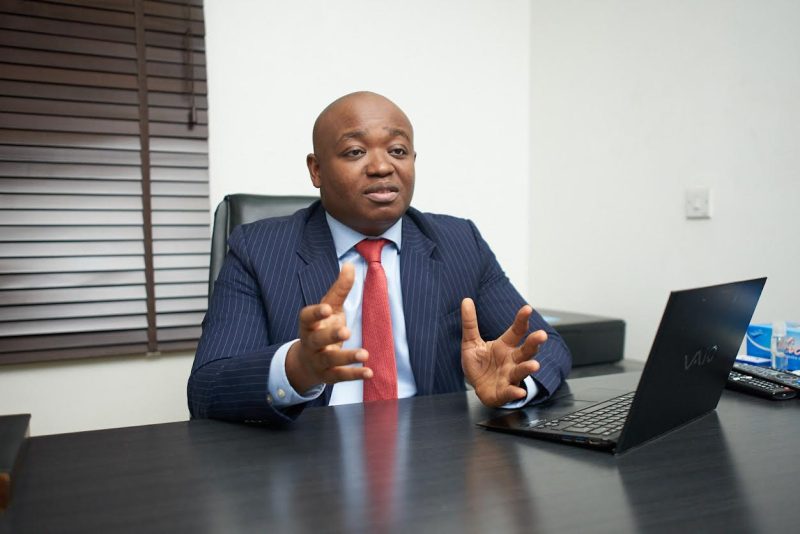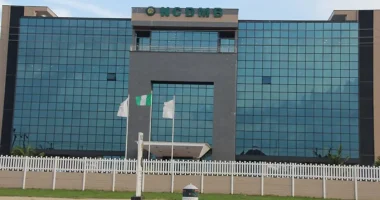As the global energy landscape shifts towards renewable sources, lithium, often referred to as the “white gold” of the 21st century, has become a cornerstone for energy storage technologies. Its application in electric vehicles (EVs), renewable energy storage systems, smartphones, and more makes it one of the most sought-after minerals globally. For Nigeria, this opens a critical opportunity to not only improve energy access but also to tap into a multi-billion-dollar global market.
According to Tomiwa Bayo-Ojo, Managing Director and CEO of Volsus Energy Limited, “Africa has the potential to become a major global supplier of lithium due to the proven abundance of deposits in Zimbabwe, Namibia, the Democratic Republic of Congo, and Nigeria.” Bayo-Ojo believes that Nigeria is positioned to significantly benefit from this growing demand, with its vast lithium deposits ready to be tapped.

Historically, countries rich in lithium resources, such as Chile, Australia, Argentina, and Bolivia, have seen tremendous economic growth. “Chile stands out as one of the world’s leading producers of lithium with its vast brine reserves in the Atacama Desert,” Bayo-Ojo explains.
Australia’s Greenbushes lithium mine has also attracted substantial foreign investment and created thousands of jobs, positioning the country as the largest global exporter of the mineral. Nigeria, similarly, holds potential to follow this trajectory if its lithium resources are properly harnessed.
In recent times, the Nigerian government has taken significant steps toward realising this potential. In May 2023, President Bola Tinubu inaugurated Nigeria’s largest lithium ore processing plant in Lafia, Nasarawa State. Operated by Avatar New Energy Materials Company Limited, the plant is expected to produce up to 4,000 metric tonnes of lithium ore per day. Additionally, firms like Canmax Technologies and Thor Explorations Ltd. are exploring investments in lithium mining and processing in other states like Oyo, Kwara, and Ekiti.
With lithium deposits identified across Nasarawa, Kogi, Kwara, and Cross River, Nigeria could become a hub for lithium extraction and processing in Africa. Bayo-Ojo emphasises that tapping into the $2 billion lithium market could create thousands of jobs, spur industrial growth, and improve energy access. “In the immediate term, we can’t fix the power problem in Nigeria, but lithium batteries could help bridge that gap,” he adds.
The role of lithium in Nigeria’s energy landscape goes beyond EVs. As Bayo-Ojo points out, “For solar energy access, lithium is very important because of the battery technology. Lithium batteries are becoming cheaper and have a longer lifespan.” This would be critical in addressing Nigeria’s current energy deficit, as the national grid remains inadequate for the country’s needs. Locally produced lithium batteries could provide a more affordable and reliable solution for solar energy storage, potentially transforming access to renewable energy across the nation.
Moreover, the potential benefits of lithium are not limited to energy access. The telecommunications sector, for example, heavily relies on lithium for mobile phone batteries. “Mobile phone batteries use lithium, and Nigeria has the market for them. It will become cheaper if we get companies to set up and produce those batteries locally,” Bayo-Ojo asserts. By encouraging local production of lithium-based batteries, Nigeria could significantly reduce costs for consumers while creating jobs and attracting foreign direct investment.
The rise in global demand for EVs, particularly in light of climate change campaigns and the high cost of petroleum products, further underscores Nigeria’s opportunity in the lithium market. “Nigeria has a market for EVs and batteries and is suffering from the high cost of petroleum products, which could spur demand for EVs if they become affordable by producing the batteries locally,” says Bayo-Ojo. The transition to locally produced lithium-ion batteries could eventually position Nigeria as a key player in the EV supply chain, not just in Africa but globally.

To fully realise these benefits, Nigeria needs tailor-made policies at both the state and federal levels. “The federal government needs to ease the documentation procedures to attract investors. For instance, the Mining Cadastre Office should create a one-stop shop in partnership with other government agencies to make it easier for investors to obtain mining licences and permits for lithium,” Bayo-Ojo suggests. He also advocates for incentives such as tax holidays, waivers on importing production equipment, and reduced export fees to encourage companies to set up local lithium-processing facilities.
Nigeria’s potential to lead in lithium production is clear. However, as Bayo-Ojo points out, “Collaborating with the organised private sector, the Nigerian government can significantly gain from the opportunity of exploring, processing, and exporting lithium ore as the new mineral cash cow.”
Properly harnessing lithium resources can help Nigeria address its energy crisis and establish itself as a global leader in the transition to a green economy.












